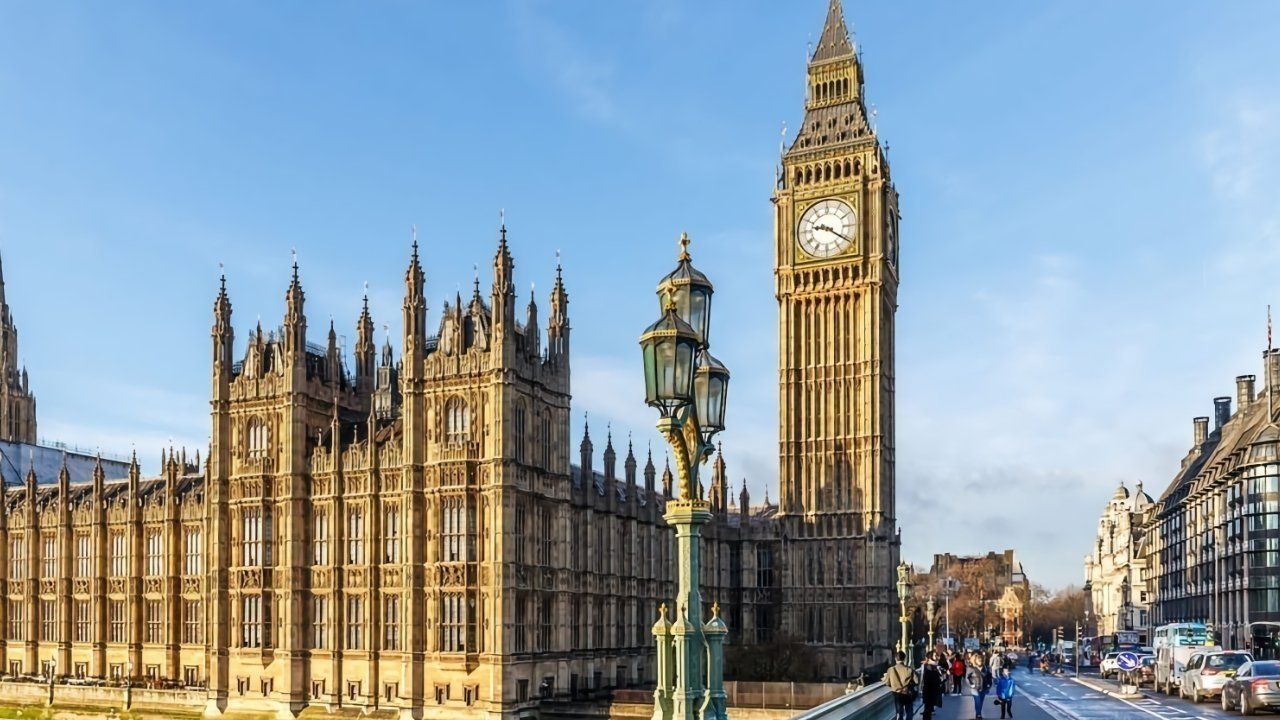After three years, the UK's Digital Markets Unit is edging closer to gaining powers to crack down on big tech companies, with draft legislation set to be introduced to parliament on Tuesday.
The Digital Markets Unit has existed since 2021 as a part of the UK's Competition and Markets Authority, with the unit intended to keep tabs on big tech companies like Apple. While it doesn't have any regulatory powers on its own, that is set to change.
Initially teased on Sunday, the Digital Markets, Competition, and Consumers Bill will be introduced to the House of Commons on Tuesday, the government announced. It will be introduced by Kevin Hollinrake MP, the Minister for Enterprise, Markets, and Small Business at the Department of Business and Trade.
The bill aims to promote growth in the UK economy by ensuring there is free and "vigorous competition amongst businesses." It will also improve the powers of the CMA to better police markets, with a specific carve-out just for the DMU.
There are three areas that the bill covers, including consumer protection changes, such as fighting pressure selling, subscription traps, and fake reviews. The CMA will also determine when consumer law has been broken, rather than taking cases to court, which should speed up enforcement.
For competition, the CMA will be granted investigative and enforcement powers to allow faster and more flexible competition investigations to occur.
DMU powers
Digital Markets is the third major area of interest, with it granting powers to the DMU. Those powers will allow the DMU to "use a proportionate approach to hold digital firms accountable for their actions" as part of a "new, targeted regime built for the digital age," the government says.
The DMU will set rules that will limit the ways companies deemed to have a Strategic Market Status from using their size to heavily impact the digital marketplace.
The supplied definition of a Strategic Market Status firm is one that has a "substantial and entrenched market power, in at least one digital activity," and either has 25 billion pounds ($31.1 billion) in global turnover, or 1 billion pounds ($1.24 billion) in the UK alone. It's safe to say that Apple would count under the term given its size.
For companies that are found to breach rules, they can be fined up to 10% of their global turnover, and possibly 5% of daily global turnover for each day that passes where the offenses continue. Executives also face fines for non-compliance with information requests.
Years in the making
The DMU was originally announced back in 2020, and was created in "shadow" form in 2021. As a unit, it has a headcount of 70, but it is also still actively recruiting.
Despite the reading of the bill in parliament, the move is only one step in a process to turn it into a law, which could take months to complete.
Sarah Cardell, CMA chief executive welcomed the bill to help protect people, business, and the economy. "Digital markets offer huge benefits, but only if competition enables businesses of all shapes and sizes the opportunity to succeed," she explains in a statement.
"This bill is a legal framework fit for the digital age," Cardell continues. "It will establish a tailored, evidenced-based and proportionate approach to regulating the largest and most powerful digital firms to ensure effective competition that benefits everyone."
According to the Director of Policy and Advocacy at consumer rights organization Which?, Rocio Concha, the DMU's powers will be a major step in the right direction. "It needs the right powers to loosen the vice-like grip of a handful of tech giants that will fosterinnovation and give consumers more choice and lower prices."
It is likely that the DMU will handle most of the big tech matters currently handled by the CMA as a whole. Previously, this activity included an investigation into Apple and Google over browser-based gaming and mobile ecosystems, however, an antitrust case spawned from it died on a technicality.
 Malcolm Owen
Malcolm Owen








 Charles Martin
Charles Martin
 Christine McKee
Christine McKee
 Wesley Hilliard
Wesley Hilliard

 Andrew Orr
Andrew Orr
 William Gallagher
William Gallagher
 Sponsored Content
Sponsored Content








1 Comment
Health Service in meltdown. Economy tanking. Climate in crisis. War in Europe. They come up with this!?
"It needs the right powers to loosen the vice-like grip of a handful of tech giants that will fosterinnovation and give consumers more choice and lower prices."
Jeez